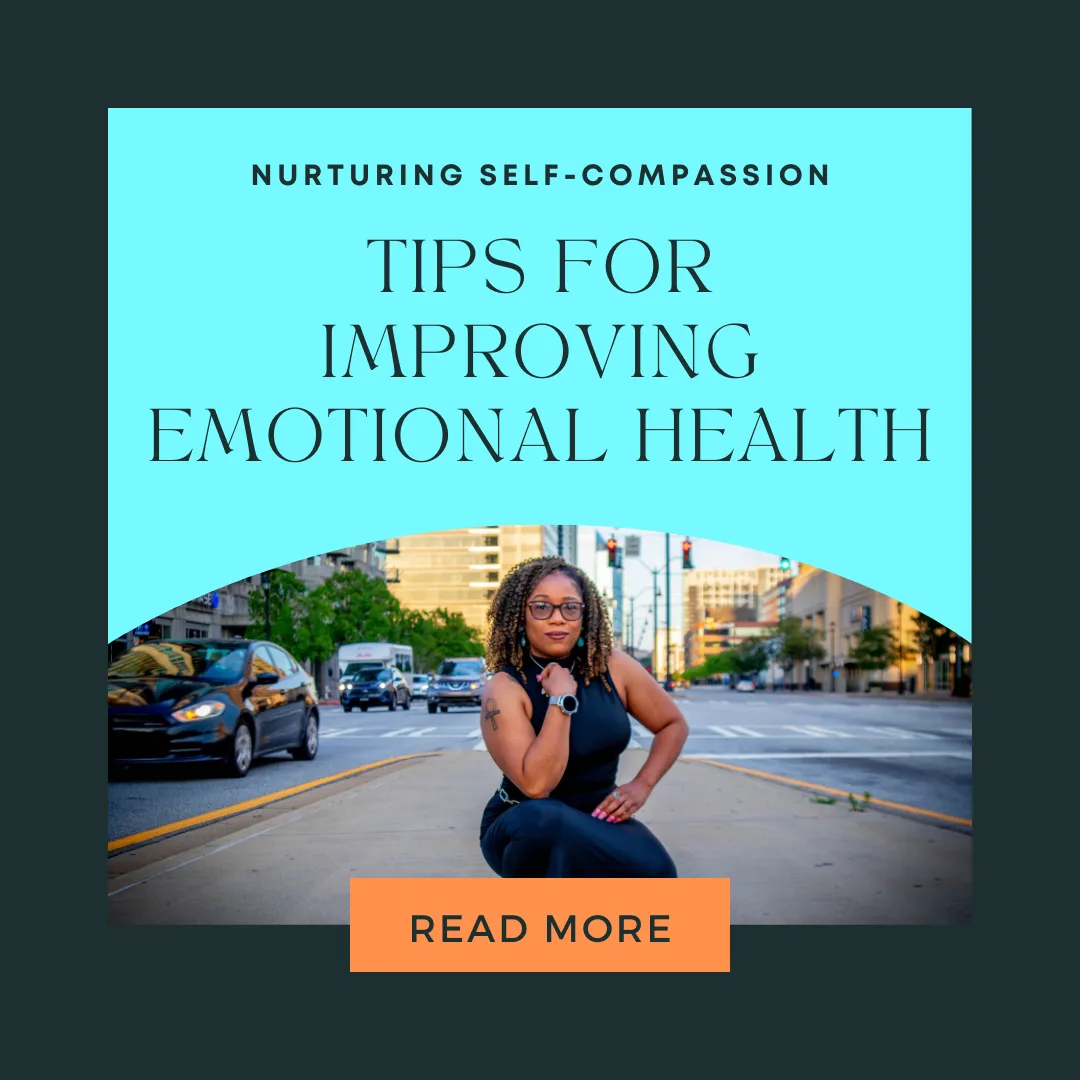
Tips for Improving Emotional Health
Tips for Improving Emotional Health
Emotional health is a vital part of overall well-being, affecting how we think, feel, and cope with life’s challenges. Improving your emotional health involves developing habits and practices that promote positive emotions and resilience. Here are some practical tips to enhance your emotional health:
1. Practice Self-Awareness
Understanding your emotions and what triggers them is the first step toward managing them effectively. Regularly check in with yourself to recognize your feelings without judgment. Journaling can be a helpful tool for tracking your emotions and identifying patterns.
2. Cultivate a Positive Mindset
Focus on positive thinking to improve your outlook on life. Practice gratitude by acknowledging the good things in your life daily. Reframing negative thoughts into more positive ones can also help shift your perspective.
3. Engage in Physical Activity
Regular exercise has been proven to reduce symptoms of anxiety and depression. Physical activity releases endorphins, which are natural mood lifters. Aim for at least 30 minutes of moderate exercise most days of the week.
4. Maintain Healthy Relationships
Strong, supportive relationships are crucial for emotional well-being. Spend time with family and friends who make you feel valued and supported. Don’t hesitate to seek help from loved ones when you need it.
5. Set Realistic Goals
Having goals gives you a sense of purpose and direction. Set realistic, achievable goals and celebrate your progress along the way. This helps build confidence and motivation.
6. Practice Mindfulness and Meditation
Mindfulness and meditation can help you stay grounded and manage stress. These practices encourage you to focus on the present moment, reducing the impact of negative thoughts and emotions.
7. Learn to Manage Stress
Effective stress management techniques are essential for emotional health. Techniques such as deep breathing, progressive muscle relaxation, and yoga can help reduce stress. Find what works best for you and incorporate it into your routine.
8. Get Adequate Sleep
Sleep is vital for emotional regulation. Aim for 7-9 hours of quality sleep each night. Establish a regular sleep routine and create a restful environment to improve your sleep quality.
9. Eat a Balanced Diet
A healthy diet supports both physical and mental health. Include a variety of nutrient-rich foods in your diet to support brain function and emotional stability. Avoid excessive caffeine and sugar, which can affect mood and energy levels.
10. Limit Alcohol and Avoid Drugs
Substance abuse can negatively impact your emotional health. Limit alcohol consumption and avoid drugs to maintain emotional stability and overall health.
11. Seek Professional Help When Needed
If you’re struggling with emotional health issues, don’t hesitate to seek help from a mental health professional. Therapy or counseling can provide valuable support and coping strategies.
12. Engage in Hobbies and Interests
Participating in activities you enjoy can improve your mood and provide a sense of accomplishment. Make time for hobbies and interests that make you happy.
13. Practice Self-Compassion
Be kind to yourself, especially during difficult times. Treat yourself with the same compassion and understanding that you would offer a friend. Avoid self-criticism and focus on your strengths.
14. Develop Emotional Intelligence
Emotional intelligence involves understanding and managing your emotions, as well as recognizing and influencing the emotions of others. Improving emotional intelligence can enhance your relationships and help you navigate social situations more effectively.
15. Volunteer and Help Others
Helping others can provide a sense of purpose and improve your emotional well-being. Volunteering or simply offering support to those in need can boost your mood and create a sense of fulfillment.
Conclusion
Improving emotional health requires a commitment to self-awareness, positive habits, and proactive strategies. By integrating these tips into your daily life, you can enhance your emotional well-being, build resilience, and lead a more fulfilling and balanced life. Remember, it’s a continuous journey, and small, consistent efforts can make a significant difference.